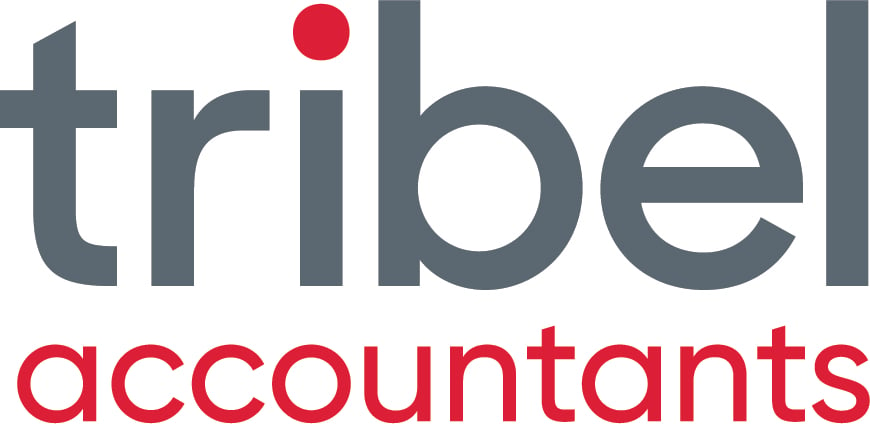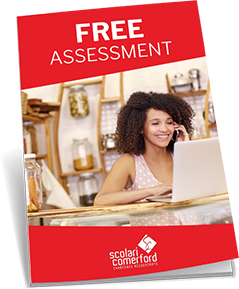INTRODUCTION:
John Warrillow of Built To Sell often tells real life stories of small business owners which have sold both successfully and unsuccessfully. As small business advisors, small business accountants and business valuers I find these quite fascinating as you can learn what to do and what not to do when it comes to clients trying to unload their enterprises for the maximum price.
Mark Stephenson was a partner in a conference business that turned over $10 million. They ended up selling the business for 8 times earnings (profit before interest and tax) and 85% was cash up front and 15% was through an earn out (certain targets had to be met over a period of time before final payment).

Figure 1: Selling a business sometimes can be like an wild ocean ride! Photo courtesy Lara Scolari Gallery Balmain Exquisite Abstract Art
1. Why Sell?
Mark wasn't really looking to sell but they were starting to be approached by potential acquirers through business brokers and other contacts. At the time they just felt it was the right time to listen to any offers. The reality is that sometimes you will work to a plan to sell and sometimes you will be in a position to listen to any offers which may just be higher than normal due to certain timing and circumstances. Early on he notes that they did realise that an EBIT multiple would be most likely the way a small business valuation might occur down the track so they did concentrate on making as much as possible and focussed on business growth and profitability. They also understood the need to show very good cash flow and changed their systems to make sure they got paid quickly.
2. Using A Business Brokers & Business Valuers
The company employed a broker to find somebody might be interested. He was glad he did because as business owners you won't necessarily know what it takes to sell a business. The business broker and business valuer has the expertise to work out what the business might be worth. If they hadn't used this business valuer and broker he realises now that he mightn't have got what he did.

Figure 2: Be wary of any "woolly" deals when it comes to earn outs.
3. Letter Of Intent
A letter of intent was signed for 8 times EBIT and over a period of 6 months the deal almost fell over. It is quite common that once the letter of intent is signed, the seller will often feel a loss of leverage. As they went through the due diligence process they found that the purchaser would try and argue that some costs needed to be added in and some revenue items taken out so that they were asking for lower multiples. This led to moments of feeling close to getting what they wanted and also feelings of despair. In the end the deal was slightly lower.
Certainly going through a due diligence process prior to showing a vendor would have been advantageous in Mark's eyes.
4. Earn Out
The earn out was tied to revenue not profits and was 5% per annum. This means they had to reach sales hurdles not the bottom line and Mark said they worked very hard to hit these and did so in years 2 and 3. They had not quite reached it in year 1 (95%) but the deal was structured so that the minimum levels could be met over the 3 years (i.e. cumulative). Certainly there was a level of good faith from both sides which worked better for both in the long run. Rigid earn outs in other cases can be disastrous for both sides leaving a bad taste in their mouths so be careful when setting these up.
Mark actually found that he was working harder to get the earn out than he probably did for himself. Also, one of his partners did not actually work in the business after the deal was signed. In some ways this was a much better outcome for them than Mark so maybe that could have been thought through better.
CONCLUSION:
In the end, the business sold successfully not withstanding the final price might not have been what was originally offered.
When it comes to selling your business, learning from others' experiences such as Mark's can not only ensure you don't make the same mistakes but also assist you to structure the deal in the best possible way for everybody!


.png?width=100&height=100&name=COVID_Safe_Badge_Digital%20(002).png)




